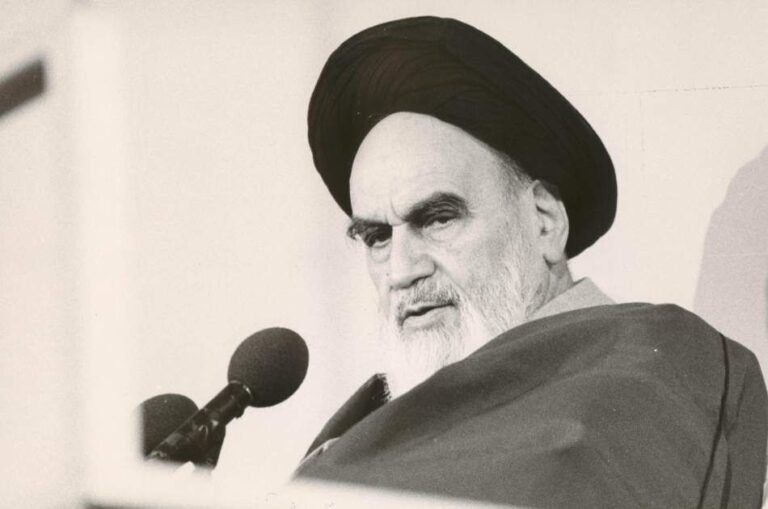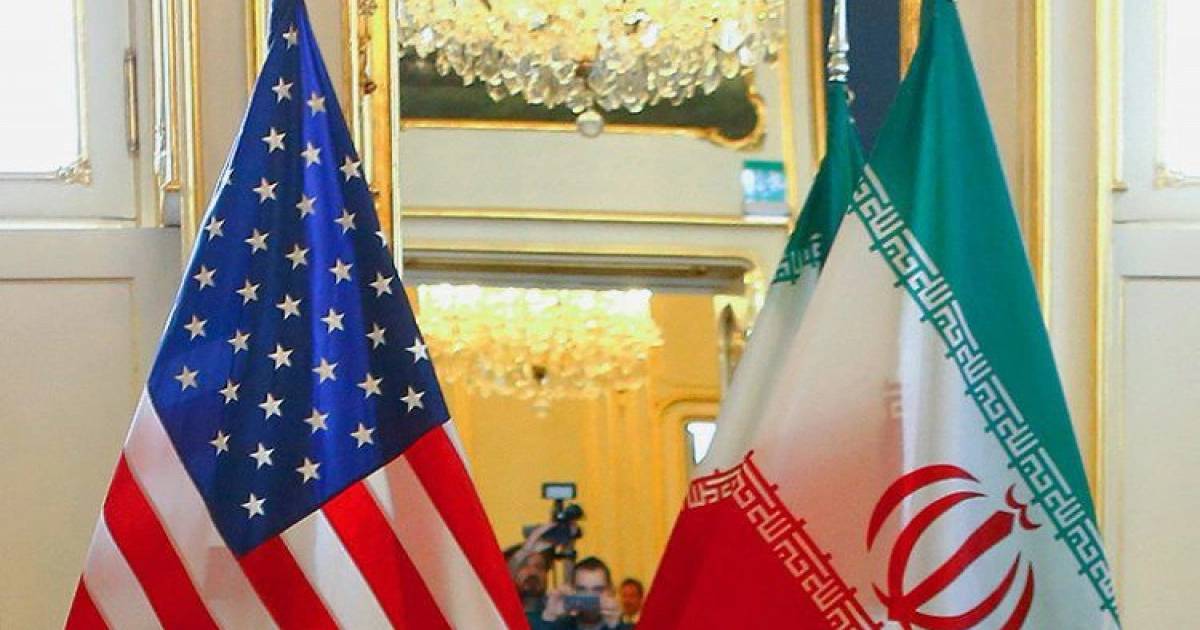
Similar Posts
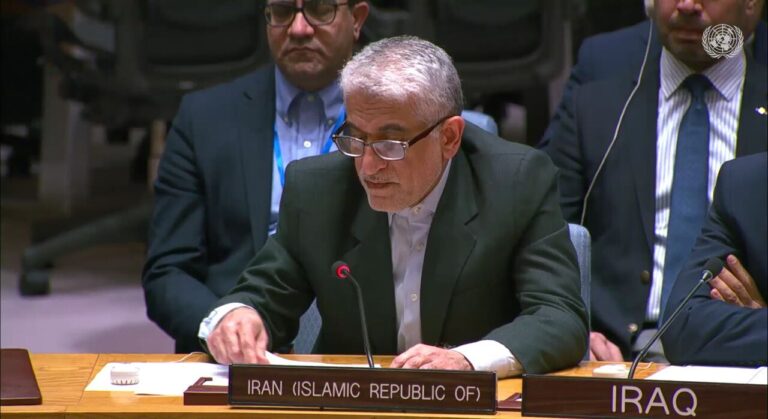
Iran Denies Violating U.N. Arms Embargo on Yemen: Strong Rebuttal to Allegations
During a U.N. Security Council meeting, Iran’s Ambassador Amir-Saeid Iravani rejected allegations of Iran violating the U.N. arms embargo on Yemen. Speaking at the session on maritime security, he emphasized the importance of freedom of navigation and criticized threats like piracy and cyberattacks. Iravani condemned unilateral measures, particularly U.S. sanctions, claiming they hinder maritime stability. He also dismissed accusations from U.S. and Israeli representatives as politically motivated. He called for addressing root causes of instability in the Red Sea, linking them to Israeli actions in Gaza. Iravani reaffirmed Iran’s commitment to international maritime law and cooperation.
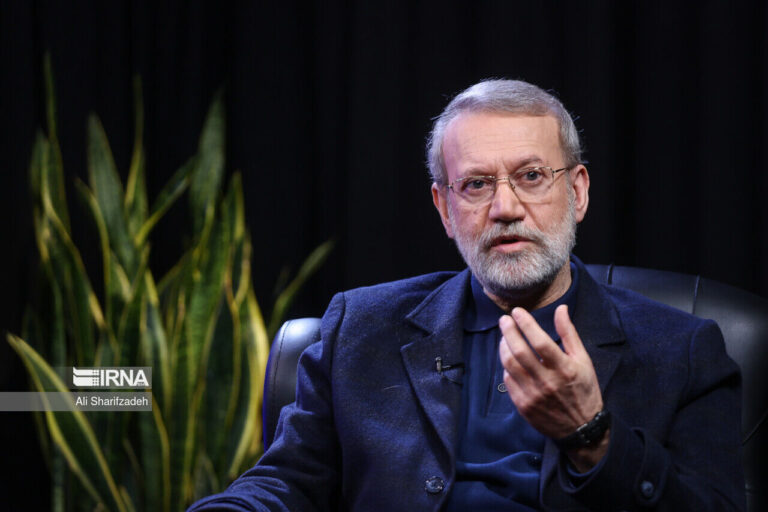
Iran Nuclear Program Talks: Political Dynamics Take Center Stage, Says Leader’s Advisor
Ali Larijani, senior advisor to Iran’s Leader, stated that the Iranian nuclear issue is primarily political, not legal. He argued that clearer guidance from the International Atomic Energy Agency (IAEA) could have circumvented the need for negotiations over Iran’s peaceful nuclear program. Speaking at a ceremony for National Teacher Day, Larijani reinforced Iran’s commitment to nuclear knowledge while criticizing other nations for dismissing this goal. He emphasized that negotiations should prioritize Iran’s interests, and if unsuccessful, should be reconsidered. Additionally, he highlighted the resilience of the Iranian people against foreign pressures and the complex nature of future negotiations with the U.S.
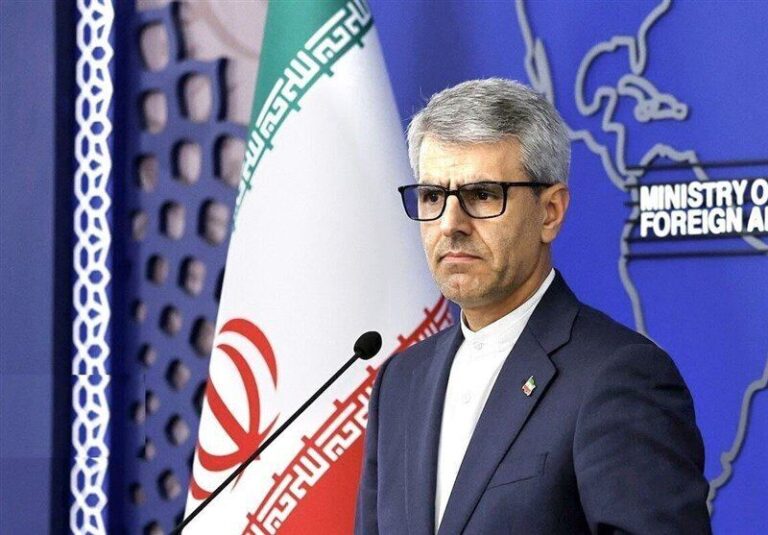
Iran’s Foreign Ministry Spokesperson Stands Firm on Principled Stance Amid Global Challenges
Iran’s Foreign Ministry spokesperson Esma’eel Baqayi reaffirmed the country’s commitment to supporting resistance movements while addressing terrorism in the region. He criticized the influence of the US and Israel, advocating for regional equality and questioning Israel’s role in ongoing conflicts. Baqayi condemned Israeli attacks on Syrian military facilities following Turkey-backed advances and highlighted Israel’s reoccupation of the Golan Heights, which he said undermines Syrian sovereignty. He emphasized Iran’s long-standing non-imperialist stance, focusing on the Palestinian cause, and reiterated its historical role in combating terrorism, led by figures like Qassem Soleimani, while maintaining a consistent foreign policy.
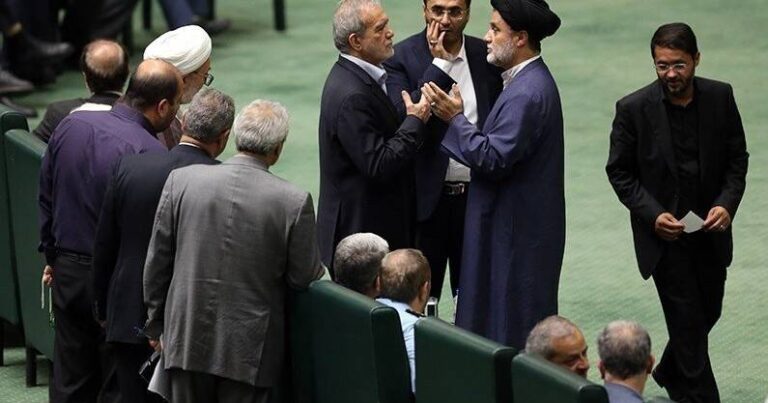
Turmoil and Tensions: Iran’s Ultra-Hardliner Camp Faces Internal Divisions
A rift has emerged within Iran’s ultra-hardliner faction, highlighted by lawmaker Mahmoud Nabavian’s criticism of protests against enforcing a strict hijab law. His remarks suggest internal conflict over maintaining national stability versus strict adherence to morality legislation, which could incite unrest. The Supreme National Security Council’s recent decision not to implement the hijab law, likely approved by Supreme Leader Ali Khamenei, indicates a prioritization of the regime’s survival over religious strictness. Nabavian warned against societal polarization amidst geopolitical tensions, while concerns grow about potential protests reminiscent of past unrest, emphasizing the fragile political climate in Iran.
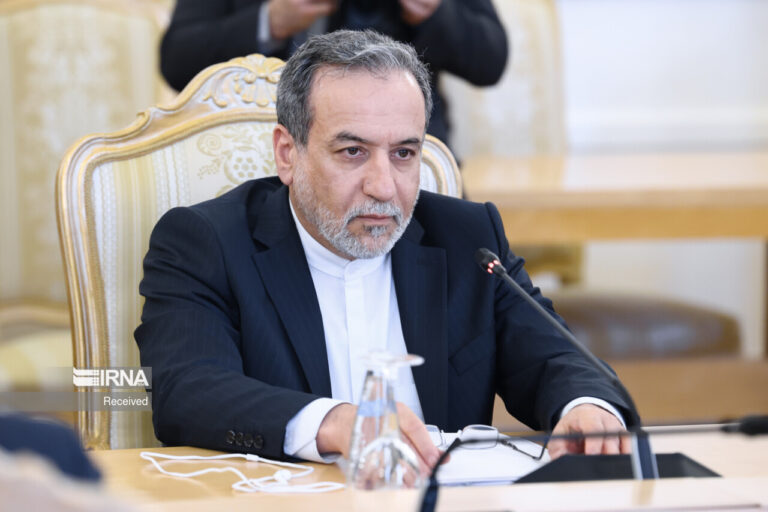
Iran Proposes Cooperation with Britain on Arrested Nationals, Conditional on Establishing Misconduct
Iran’s Foreign Minister Abbas Araqchi has stated that Iran is willing to assist the UK with the investigation into the arrests of seven Iranian nationals on terrorism allegations. He emphasized the importance of respecting citizens’ rights and ensuring due process. British police arrested eight individuals, including the seven Iranians, during separate operations. The timing of these arrests has raised concerns among analysts, who suggest they may be a strategic provocation aimed at undermining ongoing U.S.-Iran negotiations. This situation underscores the complex dynamics of international relations and domestic security as both nations address allegations of misconduct.
